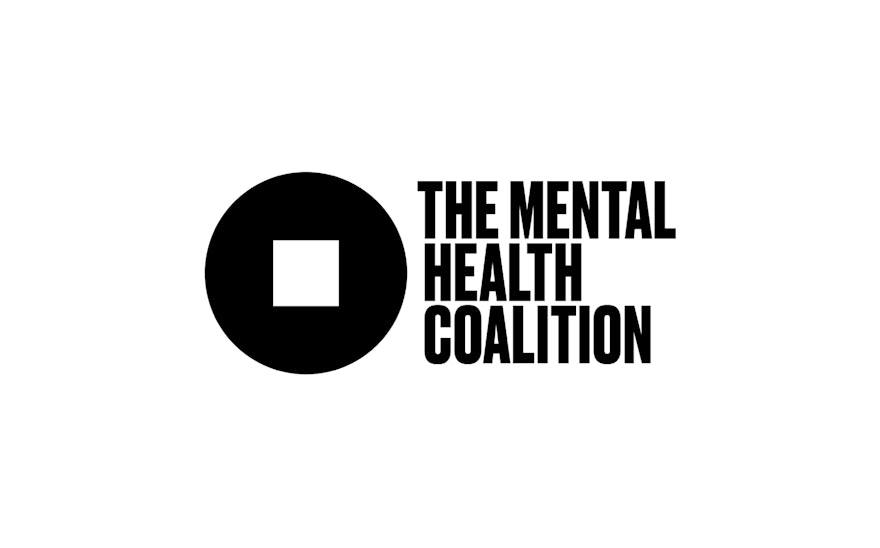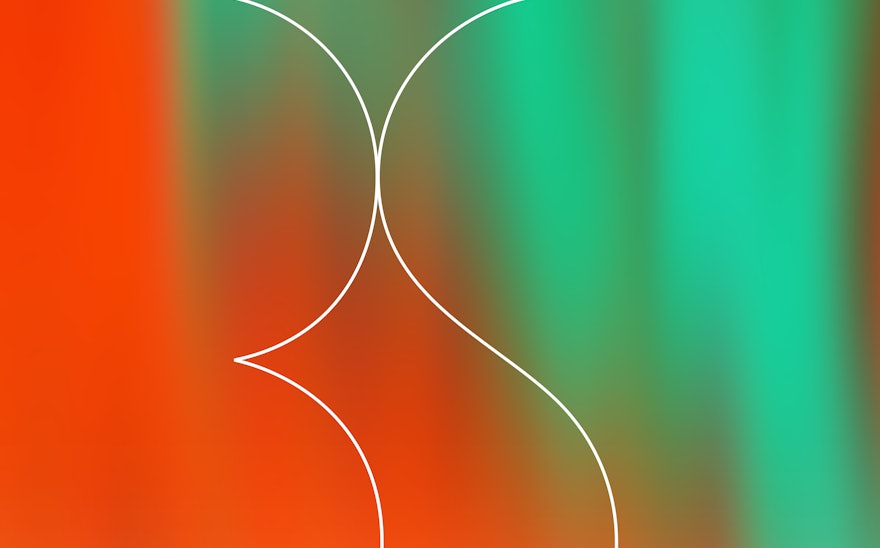According to the World Health Organization, one in four people will experience a mental health condition at some point in their lives, an impact that will compound significantly with the Covid-19 pandemic now affecting millions. Founded by the social activist and fashion designer Kenneth Cole, The Mental Health Coalition is a new collaborative effort that unites the leading US mental health organizations, creative and media platforms, and passionate advocates and celebrities to work collectively to destigmatize mental health conditions and address this pervasive public health crisis.
Pentagram has created a brand identity for the Mental Health Coalition that centers on a “square peg in a round hole” to represent that there is no “normal” when it comes to mental health and that everybody fits. The Coalition is introducing the icon in the hopes that it will become the global symbol for mental health. The mark also appears in the branding Pentagram created for “How Are You, Really?,” a digital storytelling platform that encourages individuals to share their experiences, start conversations and open up about their issues. The online platform is a place where those seeking help or guidance can easily navigate the mental health space.
The Pentagram team collaborated closely with Cole on the project. The initiative represents a coordinated effort to rebrand the way language is used to describe mental health and introduce a new non-stigmatized vocabulary, both spoken and visual. Cole hopes the “How Are You, Really?” platform and campaign will create a cultural shift that allows people to feel empowered and better able to navigate their world while embracing their mental health conditions.
“If the goal is to encourage people to authentically engage, how better than with the most fundamental question we all frequently ask, and only occasionally answer honestly,” says Cole.
The branding visually ties together various elements of the initiative, linking the Coalition to “How Are You, Really?” by integrating the square-peg symbol of the logo. The identity’s distinctive typography (set in Druk) immediately makes campaign messaging recognizable as part of the Coalition. A bright, modern color palette suggests the broad spectrum of mental health conditions and captures a sense of optimism and hope.
“We wanted to create a platform where our users feel safe to connect and be vulnerable,” says Cole. “Pentagram understood our vision from the start and ultimately created an engaging and welcoming aesthetic for ‘How Are You Really’ which we know will encourage users to share authentically—helping us toward our goal of destigmatization.”
“How Are You Really” is directly accessible from the Coalition site, but has been differentiated to make it clear to visitors that they are entering a new, interactive and authentic space. The circular shape of the logo extends to a series of custom icons for the site, and the characteristic typography is used throughout.
“I like the way that Pentagram captured the ‘How Are You, Really?’ identity, as distinct from but still cohesive with the Mental Health Coalition,” says Cole. “The platform’s identity is appropriately muted and calm, as it will be a hub for oftentimes serious discussion, but it is also interwoven with pops of color and fun to lighten the mood and increase engagement.”
“How Are You, Really?” launches in May for Mental Health Awareness Month and will be accompanied by the #howareyoureallychallenge on social media, asking people to share how they are feeling and then to nominate friends to do the same.

